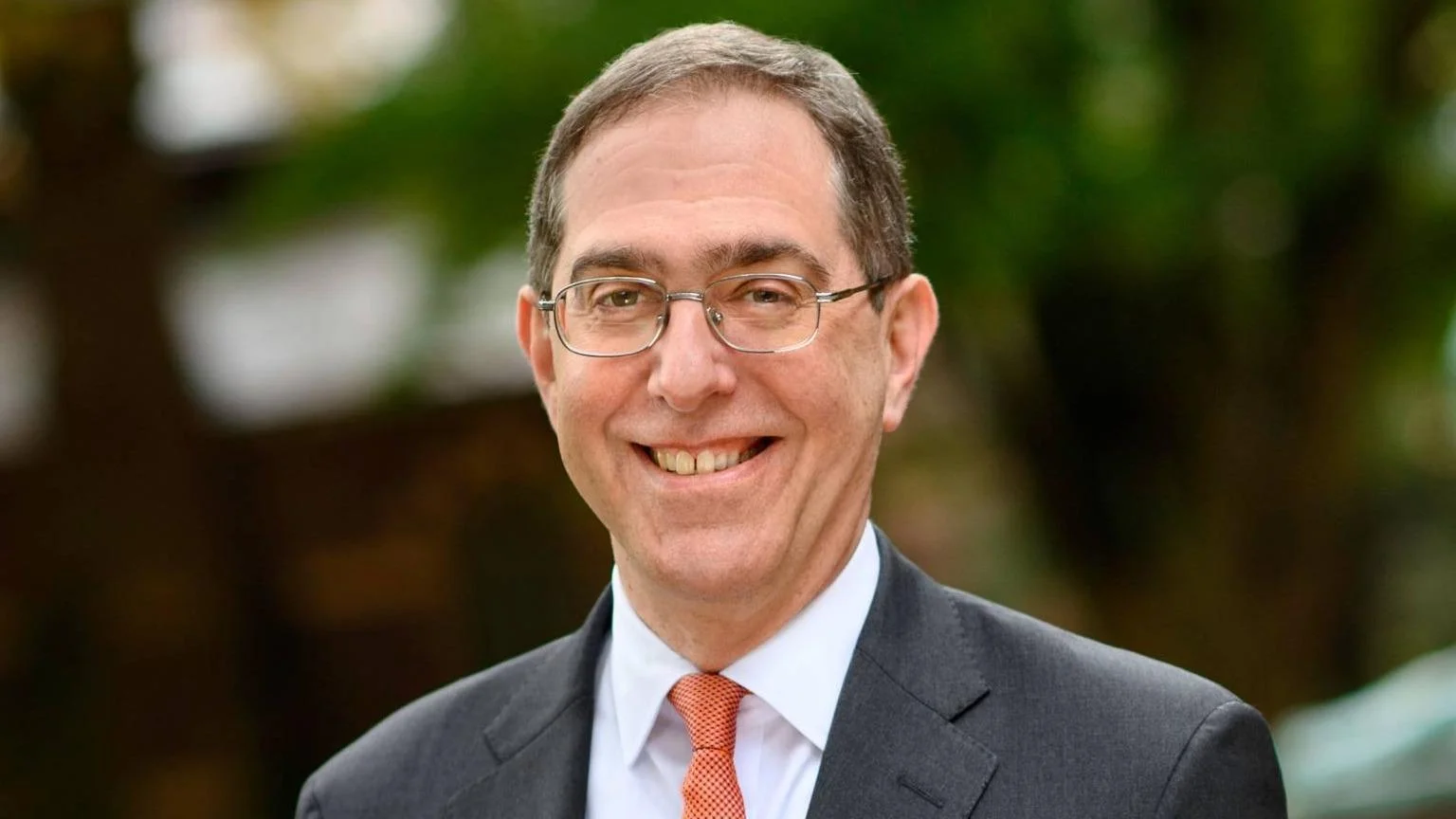Christopher L. Eisgruber President of Princeton University | Princeton University Official Website
Christopher L. Eisgruber President of Princeton University | Princeton University Official Website
Former Google chairman and CEO Eric Schmidt addressed students at Princeton University, urging them to engage with the vast opportunities and challenges presented by artificial intelligence (AI). Schmidt, a Princeton alumnus from the class of 1976, spoke in McCosh 50 during an event that coincided with the launch of his new book "Genesis: Artificial Intelligence, Hope, and the Human Spirit," co-authored with the late Henry Kissinger and Craig Mundie.
Schmidt emphasized the potential economic and societal impacts of AI, comparing its significance to the information technology revolution. He encouraged students from various academic disciplines to immerse themselves in this evolving field. “Figure out a way to get yourself into the middle of these curves that go like this,” he said, gesturing upward. “Chemistry, science, math — all of them are going to be transformed by this.”
The event featured a conversation between Schmidt and Princeton Provost Jen Rexford. It was attended by members of the university community who filled McCosh 50 shortly after tickets were announced. President Christopher L. Eisgruber introduced Schmidt at the gathering.
Rexford began their discussion by reflecting on Schmidt's undergraduate years at Princeton when computer science was not yet an established department. Schmidt recounted how he pursued every computer-related course available through the engineering school and interned at Bell Labs. His early exposure to burgeoning technological fields set him on a path that included roles at Xerox’s Palo Alto Research Center and later as CEO and chairman of Google.
During their talk, Rexford highlighted themes from "Genesis" related to AI's potential as a polymathic tool for solving complex problems across various domains. Schmidt remarked on AI systems' capabilities: “Today’s AI systems are now testing at 80 or 90% of graduate-level knowledge in every field.”
Schmidt discussed AI's promise in areas such as healthcare, education, public safety, and climate change while acknowledging concerns about society's readiness for rapid advancements in technology. He encouraged students to embrace unanswered questions regarding AI's ethical implications: “This is the arrival of a new intelligence that rivals human intelligence.”
Audience engagement followed with questions covering diverse topics like social media's impact on democracy and integrating non-language inputs into AI systems. Schmidt urged students to pursue research projects that explore these emerging challenges.
Reflecting on his time at Princeton, Schmidt expressed gratitude for being part of its academic community: “It is a privilege to be here,” he concluded.






 Alerts Sign-up
Alerts Sign-up